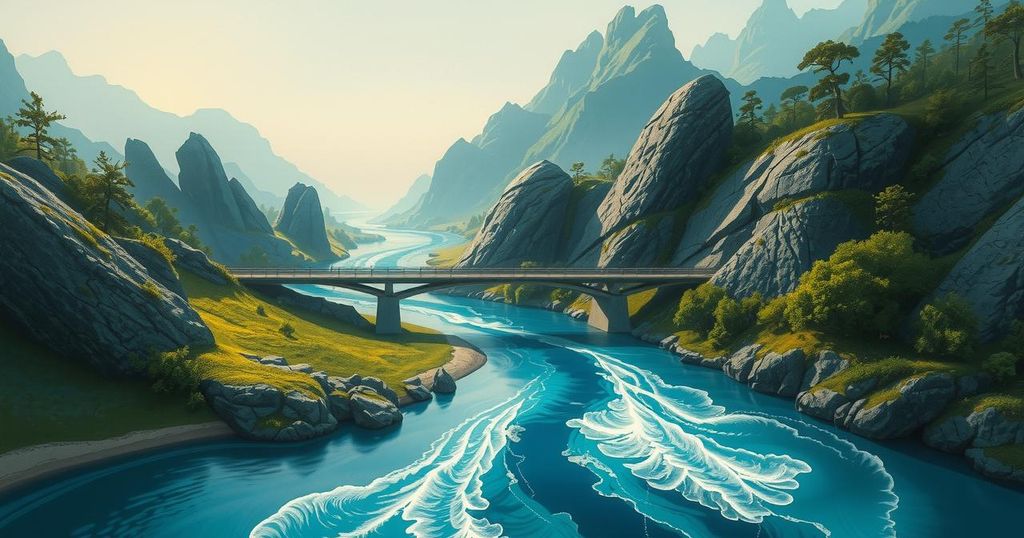The M23 armed group, supported by Rwanda, has vowed to advance towards the DRC capital Kinshasa after capturing Goma. This marks an escalation in a conflict that has persisted for decades, with concerns raised about regional stability and humanitarian crises. International calls for Rwanda to withdraw its support have intensified amid accusations of exploiting the DRC’s mineral resources.
A Rwanda-backed armed group, M23, has declared its intention to march on the capital of the Democratic Republic of Congo (DRC), Kinshasa, following its advances in the eastern region near Goma. The group’s control over Goma represents a significant escalation in a long-standing conflict involving multiple armed factions in a mineral-rich area. Corneille Nangaa, the coalition leader including M23, stated their commitment to continue fighting until their grievances are addressed.
Nangaa indicated that the group aims to restore electricity and security in Goma while establishing humanitarian corridors for displaced citizens. Meanwhile, DRC President Felix Tshisekedi has vowed to continue the military offensive against the M23 fighters, categorizing them as terrorists. The United Nations expressed grave concern over the advancing conflict and its potential ramifications for regional stability.
Amidst ongoing battles, reports suggest that M23 forces are gaining ground, having reportedly seized territories in the neighboring South Kivu province as well. The advancing fighters have increased tensions, leading the Congolese government to respond with military measures. Multiple international entities, including the United Nations and various nations, have urged Rwanda to withdraw its involvement, raising concerns about the humanitarian crisis intensifying in the region.
French Foreign Minister Jean-Noel Barrot met with Rwandan President Paul Kagame to discuss the situation, while Kagame criticized President Tshisekedi’s policies during a regional meeting. Kagame contended that the M23 group comprises Congolese citizens and not Rwandan nationals. Furthermore, Belgium has proposed potential EU sanctions against Rwanda related to the conflict, indicating a need for diplomatic responses.
The humanitarian landscape has deteriorated, with increasing numbers of displaced individuals and severe shortages of food and water reported. Local residents express desperation as their resources diminish rapidly. The DRC, abundant in minerals like cobalt and coltan, faces allegations of Rwanda exploiting its wealth through the conflict, a claim that the Rwandan government denies. Additionally, the ongoing conflict poses risks for public health, raising fears of disease outbreaks in a region already vulnerable to infectious diseases.
The situation in the Democratic Republic of Congo, particularly in the eastern region, has been characterized by prolonged armed conflicts involving several factions, exacerbated by external influences. The M23 group has gained notoriety for its military operations supported by Rwanda, a nation accused of seeking to control the rich mineral resources found in the DRC. The conflict’s backdrop involves historical grievances and political tensions, leading to widespread humanitarian crises affecting millions.
The M23 group’s recent advances in eastern DRC mark a critical juncture in a protracted conflict, raising alarms regarding regional stability and humanitarian conditions. Despite internal and external pressures, including international diplomacy aimed at resolution, the potential for further escalation remains high. The larger implications for DRC’s mineral wealth and the ongoing humanitarian crisis must be addressed to foster peace in the region.
Original Source: www.wfxg.com




